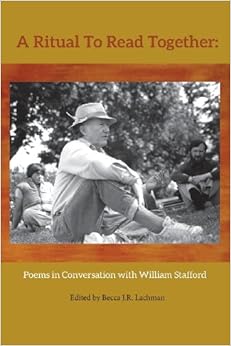
Legendary
science fiction writer Kim Stanley Robinson, author of the
award-winning "Mars Trilogy," will select the winners of a national
flash-science fiction contest.
Three winning stories will be turned into radio plays directed by Gates McFadden (Dr. Beverly Crusher on "Star Trek: The Next Generation"), and dramatized by the Los Angeles-based Ensemble Studio Theater. Winning entries will be aired on over 175 radio stations across the country on Wisconsin Public Radio’s nationally syndicated show, "To The Best of Our Knowledge." The deadline for submissions is March 1.
The contest was co-organized by "To the Best of our Knowledge," and the Center for the Humanities and Wisconsin Institute for Discovery at the University of Wisconsin-Madison. The three partner institutions will review entries for writing quality, plausibility based on grounding in ‘hard’ science, and their ability to be translated for dramatization on the radio. Kim Stanley Robinson will make the final selections. Winners will be announced at a symposium on science and creativity at the University of Wisconsin-Madison on April 9, 2014.
Anyone may enter the contest, with one entry per person. Guidelines for authors are:
Three winning stories will be turned into radio plays directed by Gates McFadden (Dr. Beverly Crusher on "Star Trek: The Next Generation"), and dramatized by the Los Angeles-based Ensemble Studio Theater. Winning entries will be aired on over 175 radio stations across the country on Wisconsin Public Radio’s nationally syndicated show, "To The Best of Our Knowledge." The deadline for submissions is March 1.
The contest was co-organized by "To the Best of our Knowledge," and the Center for the Humanities and Wisconsin Institute for Discovery at the University of Wisconsin-Madison. The three partner institutions will review entries for writing quality, plausibility based on grounding in ‘hard’ science, and their ability to be translated for dramatization on the radio. Kim Stanley Robinson will make the final selections. Winners will be announced at a symposium on science and creativity at the University of Wisconsin-Madison on April 9, 2014.
Anyone may enter the contest, with one entry per person. Guidelines for authors are:
- Stories must be set in the near future and draw on the tradition of “hard” science fiction - science fiction that is scientifically plausible. Possible story themes include: communication, energy, computing, robotics, biomedicine, drones, spaceflight, nanotechnology, ecological concerns, food production, reproduction, end-of-life, surveillance, but other themes are welcome.
- Stories should be 500-600 words – short enough to be read aloud in three minutes and suitable for broadcast on national public radio
- Stories must be submitted to www.ttbook.org/book/3mf-submission-form, no later than 11:59 p.m. CT, March 1, 2014.


